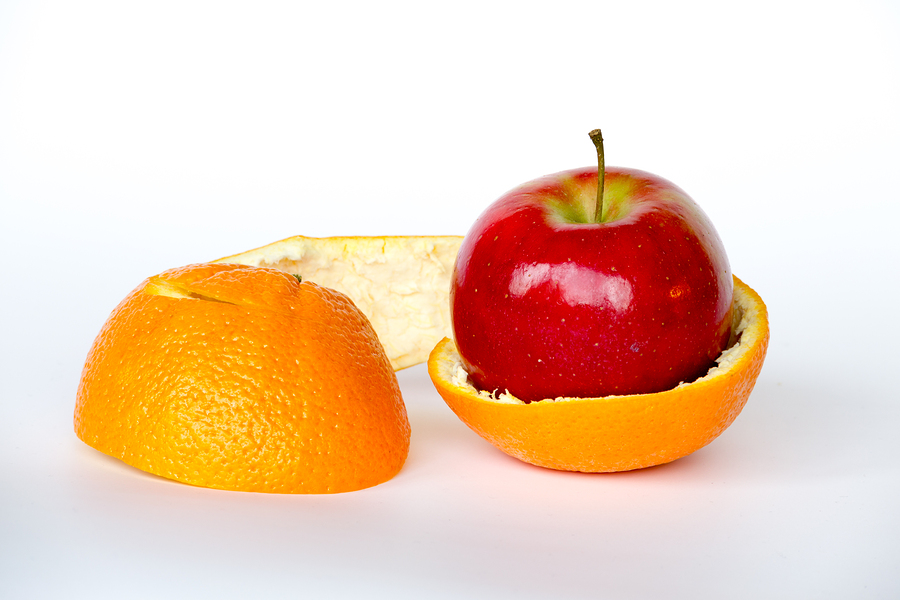- Make It Yourself Lavender Heart-Shaped Bath Bombs!
- 20 Things You Never Knew About “Down There”
- 12 Best Foods For Those Suffering From Arthritis Pain
- 12 Personal Hygiene Mistakes Almost Everyone Makes (Mom Never Told You About #4!)
- 15 Medicinal Plants And Herbs From The Cherokee People
- 12 Mind-Blowing Benefits Of Drinking Coconut Water During Pregnancy
- 12 Outstanding Winter Foods That Won’t Fatten You Up Like A Christmas Turkey
Can Gene-Editing Make Pig Organ Transplants Viable For Humans?
The ability to successfully transplant organs is one of the miracles of modern medicine. For most of history, a failure of the kidneys, liver, heart, or some other organ basically meant certain death. With modern organ transplant techniques however, people in need can get a new lease on life. While there may be plenty of surgeons who received training in how to perform these complex surgeries, the real issue is the lack of organs available for those who need them.
Human organs do not grow on trees. They grow inside people. Patients in need of organ transplants rely on living organ donors, or individuals who volunteer to donate their organs in the event of their death. The fact is that most hospitals simply don’t have a large supply of organs just sitting around in anticipation of someone needing a transplant operation. Patients who need new organs have their names added to long lists. For instance, it could be years before someone who needs a new heart is able to find a heart from a compatible donor and get on the operating table. In the United States, there were 116,800 patients on the donor list awaiting surgery in 2016. Of those, only 33,600 were able to receive their organ donations.
But what if there was a way around this problem? A recent article in The New York Times explained how the new science of gene-editing may allow doctors to successfully implant organs from other species into humans, and save more lives. Freaked out yet? Stay with us.
Continue to Page 2
The Weird Science of Xenotransplants
The idea of xenotransplants, or the transplanting of organs from animals into humans, has been around for many years. For a variety of medical reasons, doctors have not found a way to make it work. While it might sound strange or gross, there is a certain logic to it. There are countless millions of animals bred specifically for agricultural use every year. They are raised solely to be slaughtered for human use once they are fully grown. As a result of this, there is an enormous abundance of animal organs, many of which go to waste. If they could somehow be used to for human transplantation, it could solve the problem of an organ shortage, and fewer patients on the donor list would die.
RELATED: Genetically Wired: What You Don’t Know About Caffeine Infographic
Of all the common livestock animals, scientists have discovered that pigs have organs that are surprisingly similar to human organs in anatomical structure. Transplanting pig organs into human patients was first attempted in the 1960s, but did not yield good results. The patients died only a few months after receiving the organs because their immune systems perceived them as a foreign and thus potentially hostile to their body, and began attacking them. For decades, there hasn’t really been any way around this problem of the immune system rejecting animal organs. But that might be changing.
Continue to Page 3
Gene-Editing: A Potential Game Changer for Organ Transplants?
Researchers at the University of Alabama discovered that part of what causes the human immune system to reject pig organs is a type of carbohydrate molecule that covers the surface of the pig organ. Human organs do not have these molecules. So when the immune system senses them, it immediately perceives the organ as an alien threat that needs neutralizing. They found a way around this problem through gene-editing technology.
By editing the DNA of the genes in the pig organs, they were able to produce genetically modified organs without this layer of carbohydrates. The researchers successfully transplanted modified pig hearts and kidneys into baboons and monkeys. Over a year later, the animals are doing just fine, according to the report in The New York Times.
Previously, monkeys and baboons had experienced pig organ rejection for the same reason as human patients. If these primates can now accept the modified pig organs, it stands to reason that humans might be able to as well.
This is potentially an enormous game-changer for patients waiting for new organs. Many people die because they are not able to get an organ from a compatible donor in time. While the thought of receiving an organ from a pig probably freaks a lot of people out, it may be the best option for solving the organ shortage problem until scientists figure out how to grow human organs on demand.
References:




































